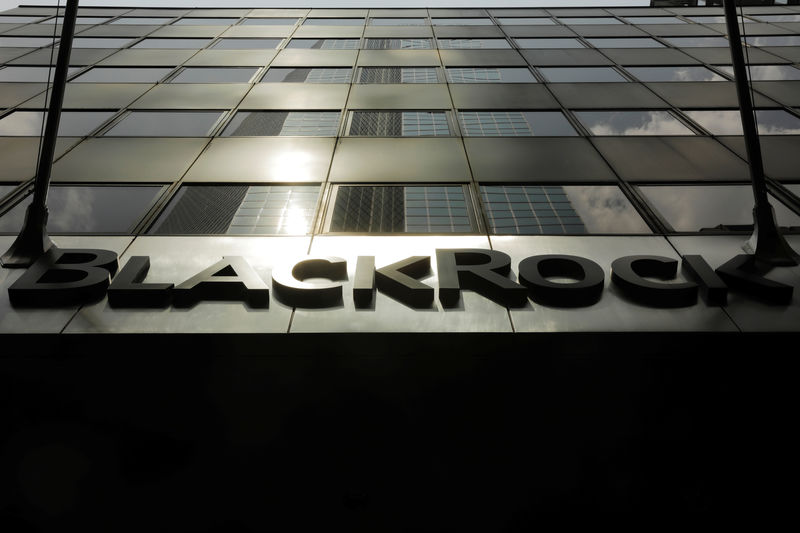JPMorgan Chase & Co (NYSE:JPM) has broken new ground in the commercial blockchain space by facilitating a tokenised trade between BlackRock Inc (NYSE:NYSE:BLK) and Barclays PLC (LSE:LON:BARC), two of the world’s largest financial institutions.
The complex transaction was executed over JPMorgan’s private ‘Onyx Digital Assets’ blockchain platform.
Using Onyx’s Tokenized Collateral Network application, BlackRock was able to convert shares in one of its money market funds into tokens, which were sent across to Barclays.
These tokenised shares were then used as collateral in a derivates trade between BlackRock and Barclays.
Tyrone Lobban, head of Onyx Digital Assets, explained to Bloomberg that what typically takes a whole day took mere seconds.
Ed Bond, head of trading services at JPMorgan, commented that “institutions on the network can use a wider scope of assets to meet any collateral requirements they have on the back of trading”.
“The tokenisation of money market fund shares as collateral in clearing and margining transactions would dramatically reduce the operational friction in meeting margin calls when segments of the market face acute margin pressures,” explained BlackRock’s deputy global chief operating officer Tom McGrath.
Proponents of blockchain technology, which bitcoin and all other cryptocurrency assets are built on, have long touted its revolutionary potential, but mainstream adoption has been slow at best.
While the BlackRock-Barclays trade showed the potential utility of blockchain technology, Onyx is far from the decentralised ledger used in the crypto space.
Public blockchains, such as Bitcoin, Ethereum and Ripple, are run on the principles of transparency, decentralisation and traceability.
Any individual, theoretically, can contribute consensus to these blockchain protocols, and anyone, theoretically, can trace each and every transaction ever executed on them.
This makes them trustless, i.e. no centralised authority has the power to manipulate or alter the ledger.
Onyx does not share these principles. As a privately run blockchain, JPMorgan has ultimate control of its operations, and transactions are not publicly traceable.
So while Onyx is proof that blockchains will very likely find widespread institutional appeal in the financial services sector, mass adoption of truly decentralised, public blockchain technology remains a solution in search of a problem.
